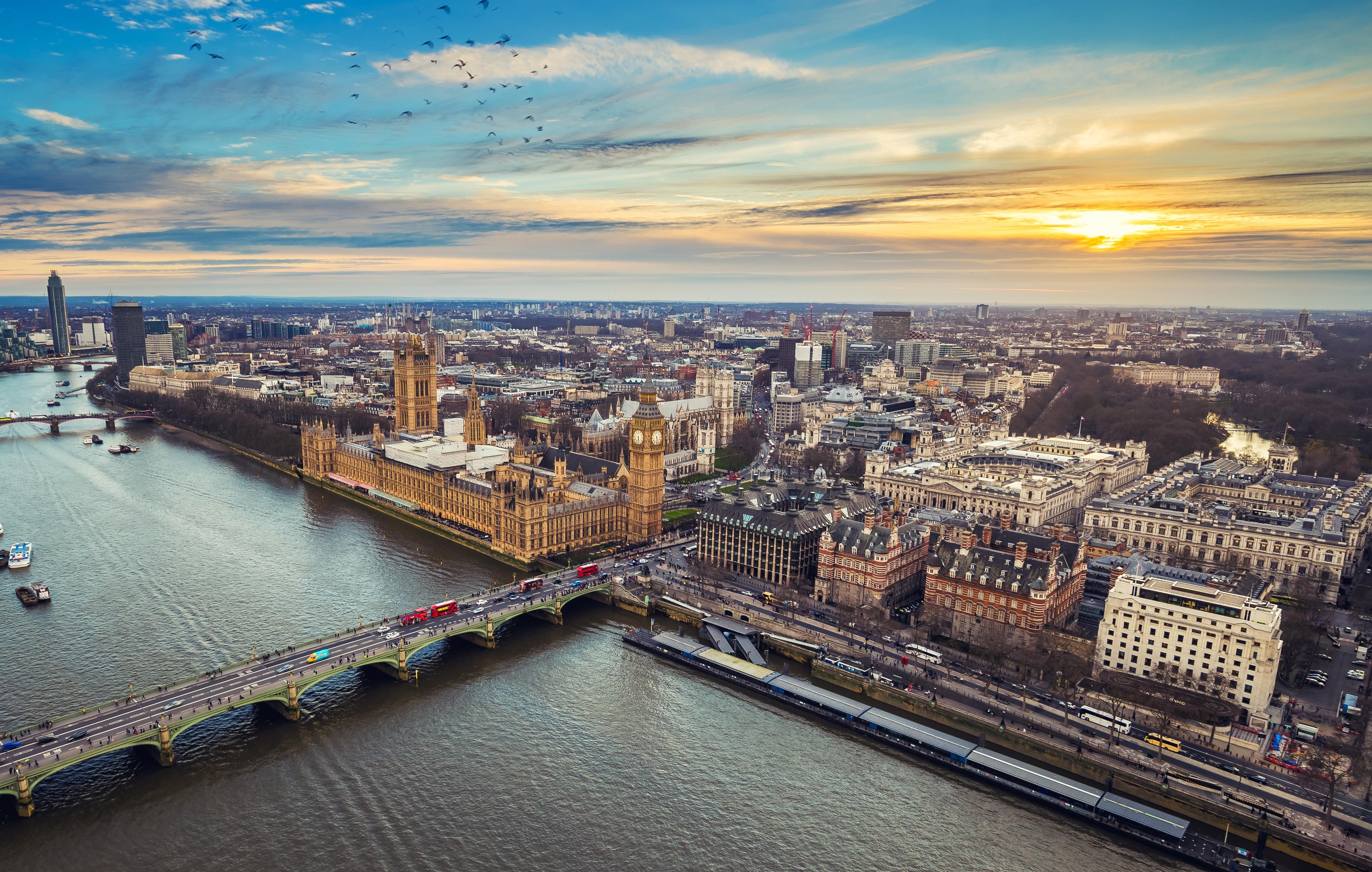
3 minute read
CLIMATE ANXIETY
from HIL Issue 11
CLIMATE ANXIETY: IS EDUCATION THE BEST MEDICINE?
As a recent YouGov poll revealed that one in three Gen Z in Britain are scared, sad and pessimistic about climate change, what role can education play in encouraging young people into the renewable sector to solve the climate crisis?
Advertisement
The total sample size of the poll was 2,133 adults, of which 226 were aged 16-24. Fieldwork was undertaken between 08 and 10 February 2023, with the survey carried out online.
The main findings of the poll highlighted that one in three young people in Britain is scared (33%), sad (34%), or pessimistic (34%) about climate change, with 28% feeling “overwhelmed”, according to a YouGov poll.
Climate change is a core issue for those under 25
As part of a nationally representative sample, the survey by the Woodland Trust found deep concerns about the future among 16-24-year-olds, with almost one in four (24%) saying fears over the climate crisis mean they are willing to consider or have already decided, to have fewer children than they would otherwise like. Research showed that although seven out of 10 young people are worried about climate change and its effects, 86% of people surveyed felt that being outdoors and among nature had a positive effect on their mental health.
Woodland Trust chief executive Dr Darren Moorcroft said that, with access to woodland declining and tree cover in the UK one of the lowest in Europe, the results were “alarming”.
He insisted: “Young people are experiencing an epidemic of climate anxiety and are increasingly worried about the health of the planet. This new data shows that climate change is jeopardising more than just the environment, with people’s mental wellbeing and future life plans also affected.”
A further statistic from the poll showed that only 9% of people aged 16-24 felt young people have a great deal of influence in making decisions about climate change. It is integral that young people have a voice in climate decisions, and introducing people into the sector at a young age is an essential part of this.
With the current skills gap in the sector growing wider as more people retire and fewer apprenticeships and qualifications are taken up, the renewable sector, and in turn the hydrogen sector, is at real risk of stagnation, heightening climate anxiety. Access to outdoor spaces has never been more important
With climate anxiety an ever-increasing issue, Hayley Jarvis, head of physical activity for the mental health charity Mind, said outdoor activities could be a great way to improve mental wellbeing.
“Ecotherapy, a type of formal treatment which involves doing activities outside in nature, can be as effective as antidepressants in treating mild to moderate depression and anxiety,” she added.
“Unlike working out in the gym or other indoor activities, the colours, sounds and smells we find outdoors stimulate our senses in a different way and can boost our mood. Getting away from modern life and into a relaxing outside space can allow us to switch off from everyday pressures, help relieve stress, and give us time to clear our heads.”
Education is the best medicine
The Woodland Trust has more than 1,000 woods across the UK. They are all free to visit and are the perfect way to get nature therapy. To find your nearest wood, just enter your postcode in the Woodland Trust’s handy wood finder tool.
The Woodland Trust, the largest woodland conservation charity in the UK, has launched its ‘Plant More Trees’ climate campaign with a mission to plant 50 million more native trees across the UK by 2030 and create a greener, healthier world for people and wildlife.
Three-quarters of all people surveyed in the YouGov poll would be willing to plant or have already planted a tree, with only 9% saying they would not be willing to do this.
The Trust has already planted more than eight million trees of the 55 million trees they have planted since 1972, with young people and children.
Dr Moorcroft continued: “There is hope, but we need to take drastic action. Woodland cover in the UK is desperately low, and we want to see it increase to at least 19% by 2050.
“Trees and woods are integral to tackling both the nature and climate crises, but many young people miss out on both the physical and mental health benefits of being among nature.”
KEY FINDINGS FROM THE REPORT:
• 16-24s more likely to be ‘very worried’ about climate change vs age 50+, with nearly 1 in 3 (31%) ‘very worried’ compared to 23% of 50-64-year-olds and 18% of those aged 65 and over.
• 65% of people are worried about climate change, with 25% (one in four) very worried. Women (69%) are more worried than men 61%.
• 20% of people aged 16-24 would be willing to have fewer children than they would like to address climate change.
• 30% of 25-49 would be willing to or have already decided to have fewer children than they would like.






